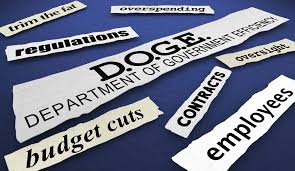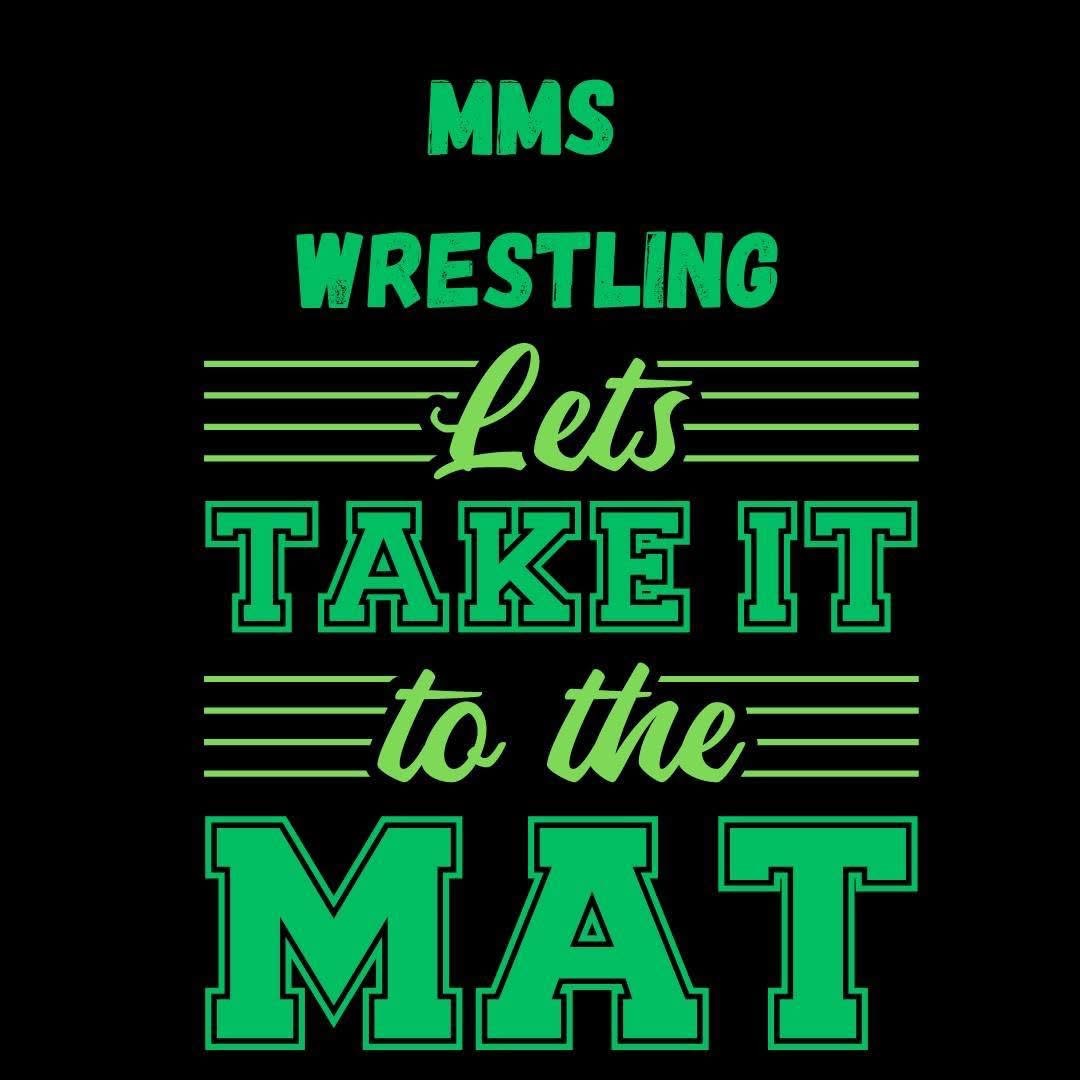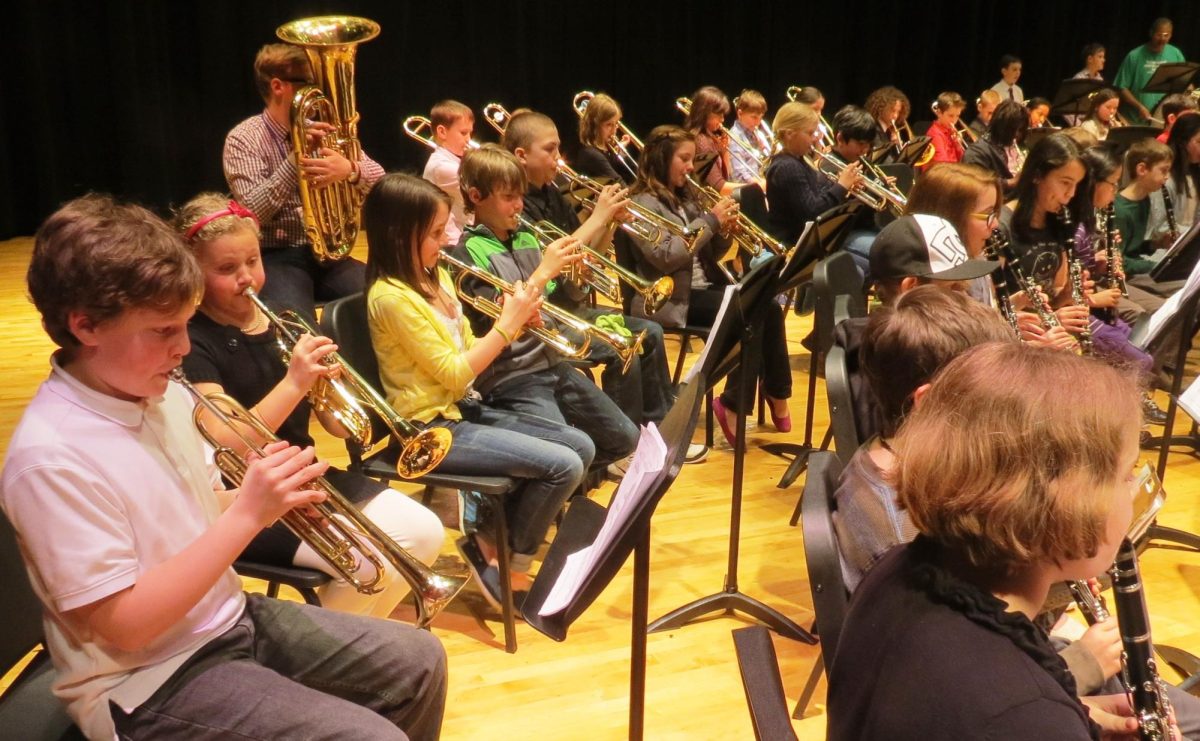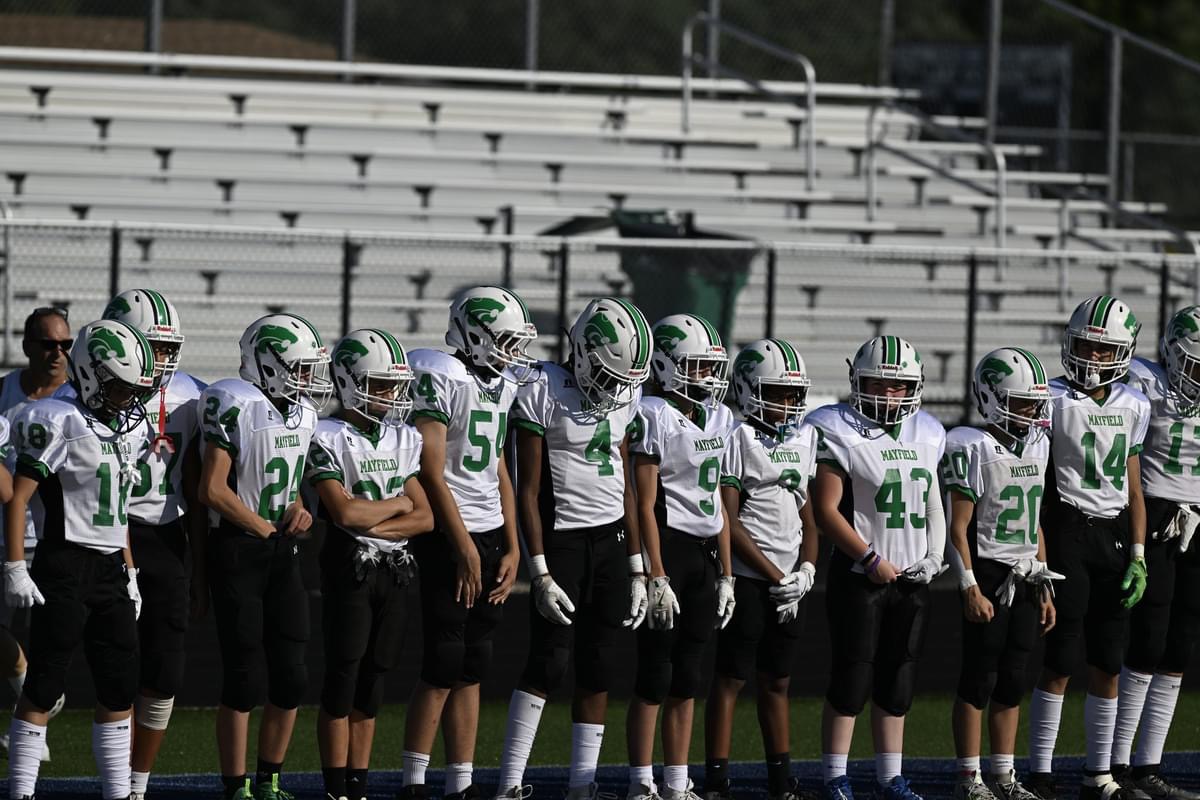
Sixth and seventh grade both have an advisory–getting time each day to play outside, compete in intramurals, or engage in fun activities with their teams. But eighth graders lose this time. Should eighth grade have an advisory too?
According to the American Academy of Pediatrics, play is essential for a child’s development and health. And the Centers for Disease Control and Prevention recommends at least 60 minutes of activity a day.
Another article in Hechinger Report called Play is crucial for middle schoolers, too, by Christina A. Samuels says that having recess gives students a needed break. Samuels’s article focuses on one study of Rocky Run schools, a district that mandated recess for all its middle school students. Their school board voted to require at least 30 minutes of recess based on research that play and activity declines dramatically after elementary school. A 2008 study in the Journal of the American Medical Association “used accelerometers to capture the activity levels of youth from ages 9 to 15.” The study found that the nine year olds got three hours of moderate to vigorous activity on weekends and weekdays but the 15 year olds were getting only 35 to 50 minutes.
After interviewing with Mr. Sheppard, the main reason for the eighth grade not having a recess or advisory time is because of the eighth grade’s third elective. The third elective takes up all of the time that would be used as a recess. Eighth grade having a recess would mean that the school day would need to be thirty minutes long or longer, or eighth grade wouldn’t have the option for a third elective.
He also said that going outside or having a break time is mostly up to the teachers on the team to decide for themselves. But the eighth-grade teachers noted that due to the P.E. class schedules, as well as the 6th and 7th grade intramural schedules, large play spaces like the gym, auditorium, and fields are not available for the eighth graders.
Dr. Sheppard noted that the time period referred to as Flex is usually used for work time with the occasional exception of Fridays. He also believes that eighth graders get enough of a break during electives.
After a second interview with Mr. Destino, I asked how he thinks having recess would affect teachers, and he believes there could be both positives and negatives. He believes that teachers would enjoy the time without having responsibility for students, but he also thinks that teachers would rather have extra time to work with students on extra work or to just help them with concepts they may not understand.
Eighth grade not having an advisory may allow teachers to help us academically, but what are the negatives of eighth grade’s lack of a break?
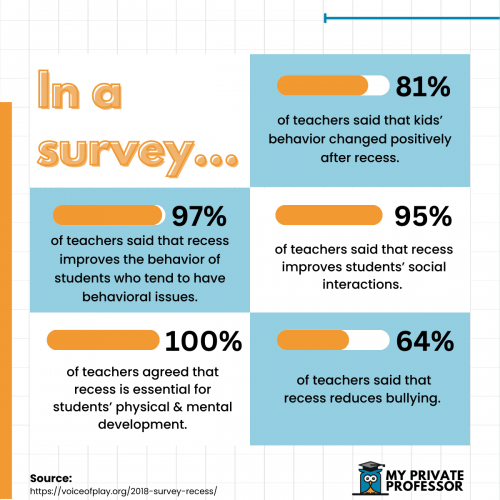 According to Rebecca London in an article called Why We Need To Rethink Recess by Jill Anderson, after being asked what she thinks of teachers keeping kids out of recess as a punishment for bad behavior, London says, “The problem is that by withholding recess, not only are you withholding a break, and we know that breaks are important, even adults take breaks. Everybody takes breaks. You need a moment to reset and recharge, and that’s an important part of the school day.”
According to Rebecca London in an article called Why We Need To Rethink Recess by Jill Anderson, after being asked what she thinks of teachers keeping kids out of recess as a punishment for bad behavior, London says, “The problem is that by withholding recess, not only are you withholding a break, and we know that breaks are important, even adults take breaks. Everybody takes breaks. You need a moment to reset and recharge, and that’s an important part of the school day.”
Eighth grade not having an advisory means that students work for two and a half hours before lunch then after a 25-minute break spent mostly eating, work for another four hours with no break.
Importantly, even if one considers lunch as a break from academics, it involves no movement or physical activity, so students are missing out on all the advantages of movement. While some students may have gym as one of their electives, it is only for one semester.
The Center for Disease Control recommends recess for al students, grades K-12 and notes the following benefits:
-
-
-
-
-
- Improved memory, attention, and concentration.
- Increased time-on-task in the classroom.
- Reduced disruptive behavior in the classroom.
- Improved social and emotional development (e.g., learning how to share and negotiate).
-
-
-
-
While flex time offers time for academics and intervention for those who need help and while eighth graders get a lot of choice in their elective offerings, these come at the cost of a much-needed break. Recess, whether it be for relaxation or physical activity can relieve stress, improve focus, and increase oxygen levels and endorphins–all of which can benefit learning.




